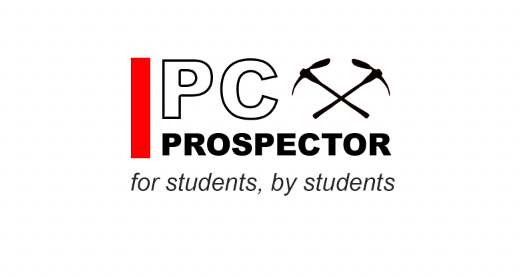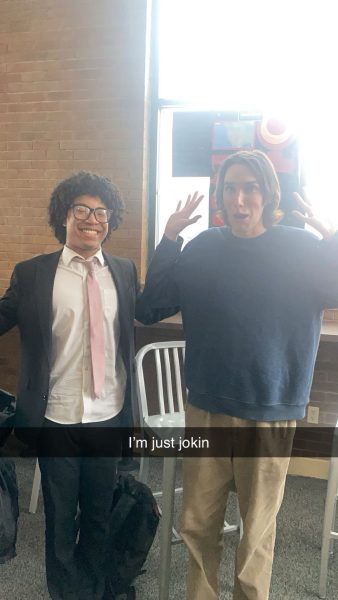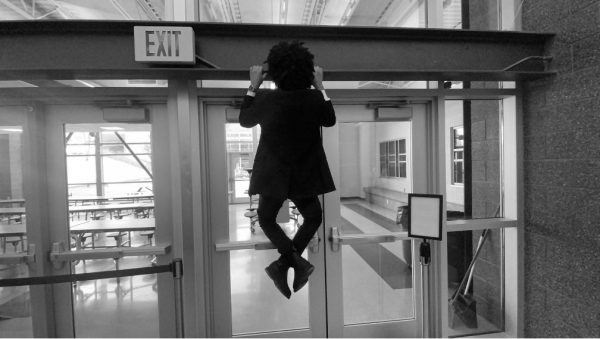The Online School Debate
The COVID-19 pandemic has changed so many fundamental things. Activities that were once straightforward, to the point of being tedious, are now frustrating endeavors. The most pressing example for teenagers in Park City is school.
As school is starting back up this fall, high school administrations and the students have to determine the best way to learn while still maintaining social distance. To balance their safety and the safety of others, some Park City students have decided to learn remotely.
But how effective is online learning? What does the research say?
Well, not much. Widespread online learning is still a relatively new development, and there are contradictory reports as to its effectiveness.
According to Christie Greenhow, an assistant professor of educational technology in the College of Education at Michigan State University, “Online learning can be as good or even better than in-person classroom learning…but it has to be done right.”
When students learn online, they have the opportunity to progress at their own pace. They can use this extra time to better connect with the class and think critically about the content.
Online learning can be a valuable tool—but it must be used effectively. The shift to online school has been so sudden due to the pandemic, not giving instructors enough time to prepare. This drastic shift could lead to a haphazard learning environment that cannot be sustained.
Without consistent student-teacher interaction, online learning can leave struggling kids behind, unable to keep up. Those who do not have steady access to the internet or sufficient technology struggle even more. Public education is meant to “level the playing field,” but remote learning makes that attempt at equality more complicated.
Some students feel that in-person learning is a better way for them to absorb the material.
“I think it’s a lot easier to learn in a classroom than it is to learn from your house on a computer,” says Maddie Kaufman Schiller, a senior at Park City High School.
The choice to take school online or in-person is not a black and white issue. Aside from the educational aspect of it, many students have other concerns. For some students, the desire to interact with people has been a substantial motivation for their return to school. The pandemic has stripped so many things from everyday life, it’s only human to want something to feel normal.

For those who are close to at-risk friends or family members, they have even more to process. These days, leaving the house at all is a risk—it’s just a matter of whether it’s a risk worth taking based on personal situations.
Nobody really knows where school will go from here. If anything is obvious, it is that the choices students make about their education are not clear cut.






